Developing your own app is a great opportunity to reach the IOS and Android audience, especially if you are focused on developing your business and following the current trends. But here the question arises – in what language is it better to write mobile applications? It would seem that the answer to this question should be given by the developers themselves, based on the specifics of your company. This is indeed true. However, it is also important for the customer to know the technology – it will help you better understand the project processes, correctly assess possible limitations, and effectively interact with the team.
Choosing a programming language for mobile app development is a fundamental step in development that affects functionality, efficiency, cost, and launch time. For example, native languages offer better performance and access to unique device features, but require a significant investment, while cross-platform solutions reduce costs and save time, but may be inferior to native in performance and flexibility.
In our article, we propose to dive into this challenging topic and review the main languages for mobile app development. We will analyze the most popular technologies, such as Swift, Kotlin, Java and Flutter, as well as cover less common but effective tools – React Native and Xamarin. Our goal is to give you a clear understanding of mobile development languages and help you choose the best stack for your project based on its unique needs.
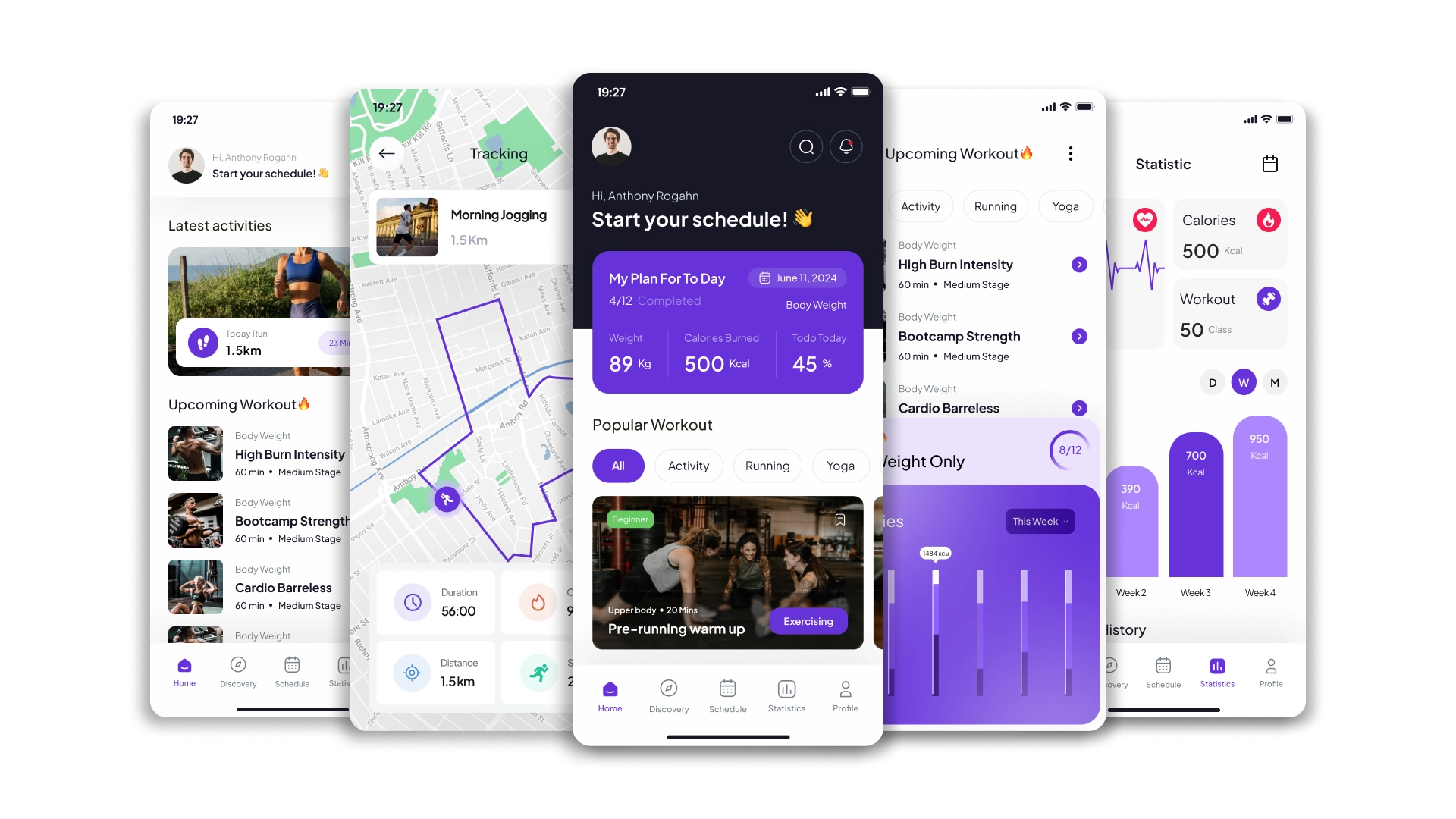
So, let’s move on to the main topic and look at the languages for creating mobile apps that are key in today’s market.
Swift is a native iOS programming language that was created and is maintained by Apple. It was introduced in 2014 as an alternative to Objective-C, and its main idea is to speed up development as well as make apps as productive and secure as possible.
Swift’s capabilities are virtually unlimited, as you can easily see by opening the AppStore app marketplace. It can be used to write simple widgets, complex corporate systems, graphic editors and even games. At the same time, it is quite difficult to call the language universal, as it is originally designed to work with iOS and macOS platforms.
Swift recently received a major update to version 6, which made it even more attractive for mobile development. Here are some of the key changes:
It is also worth understanding that Swift was created specifically for iOS application development. This means that when using it, developers get full access to native widgets and features of Apple devices, such as Touch ID, Face ID, integration with Apple Pay and others. In practice, this opens up a huge opportunity to create a smooth and engaging user experience. This point is extremely important as Apple device owners are known for their predilection for impeccable quality.
With all the above said, we can highlight 5 main advantages of Swift language in iOS app development:
Despite all the advantages, Swift is still not perfect. It also has disadvantages that should be considered when planning a stack for your project:
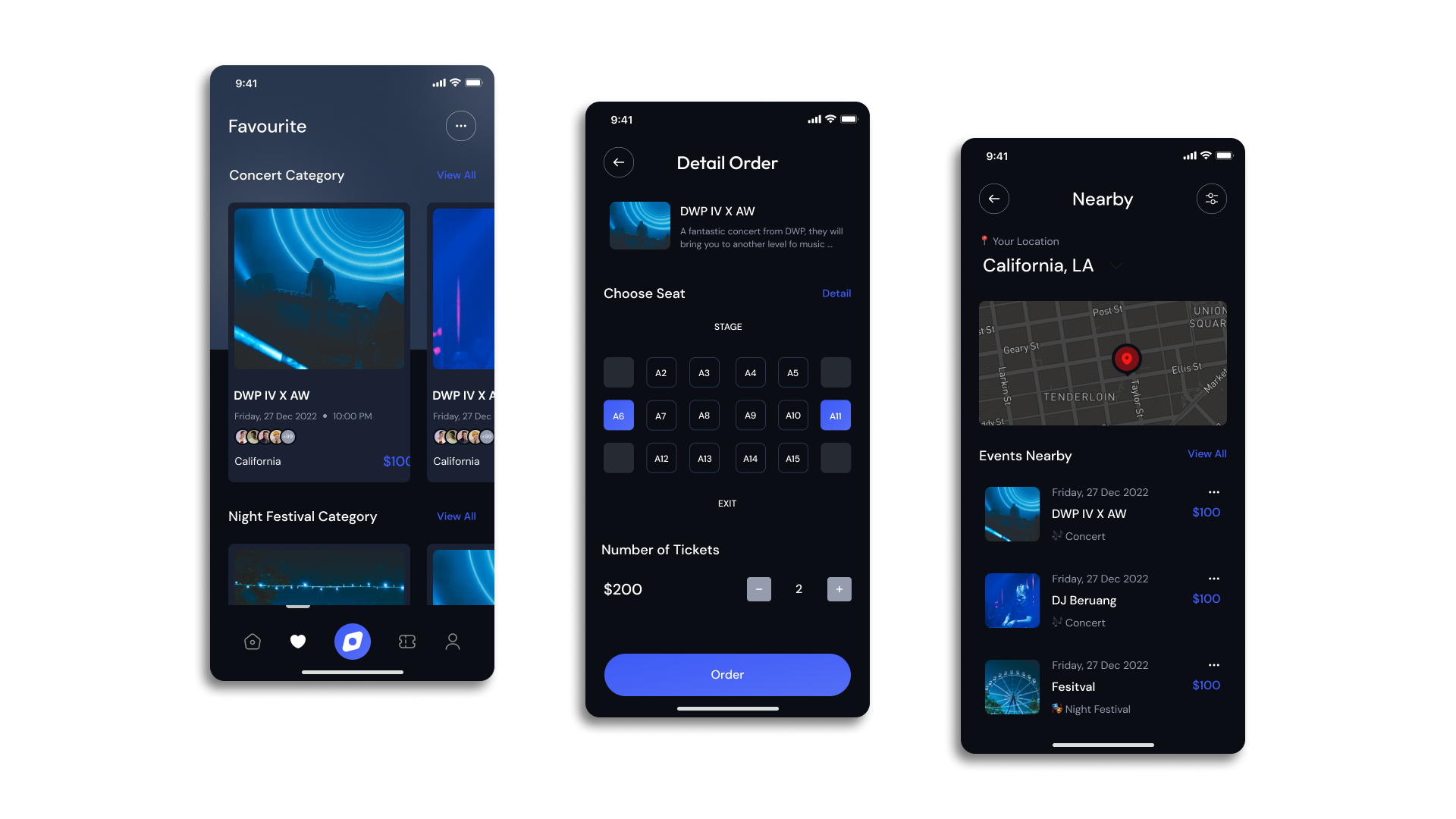
Kotlin is another native language for mobile application development, but for the Android platform. It appeared on the market in 2011 and was a serious competitor for Java.
In 2017, Kotlin was officially recognized by Google as the main programming language for Android and has been rapidly gaining popularity ever since. According to fresh statistics, 95% of the 1000 most popular apps on Google Play already use it. And it is explained quite easily – Kotlin offers excellent flexibility in creating applications, excellent performance and compact code. For example, in some cases 1 line of Kotlin code can replace as much as 14 lines of Java code.
Benefits of Kotlin for Android application development:
Disadvantages of Kotlin:
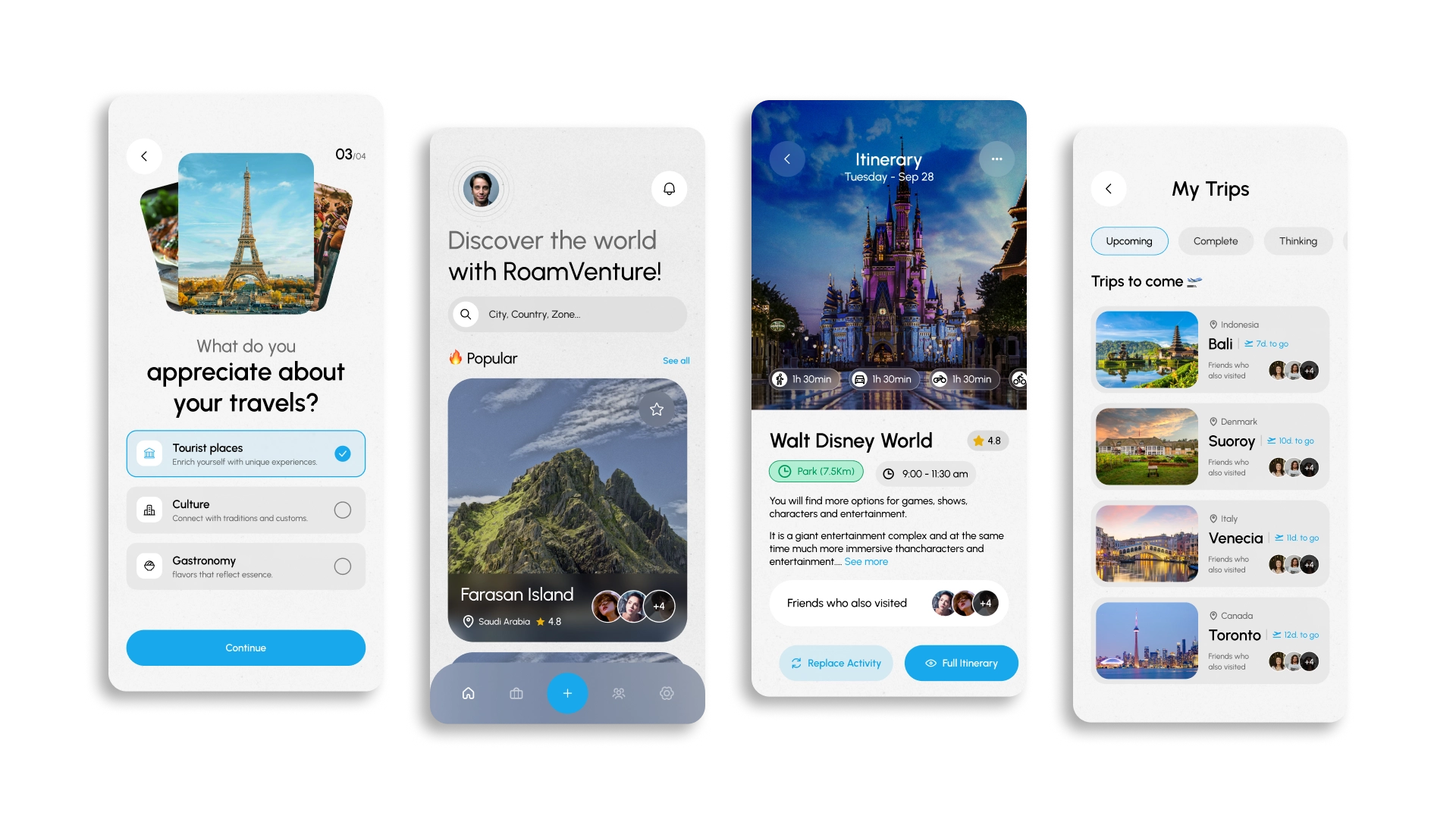
If you ask what programming language is used to write Android applications, it is not only Kotlin, but also Java, especially when it comes to creating complex and highly loaded systems.
The peculiarity of Java is that it is used not only in mobile development, but is also widely used in other areas, for example, when creating websites or server applications. At the same time, the language strictly adheres to the concept of “Write Once, Run Anywhere”, allowing you to easily and with minimal investment to reuse the code on different platforms, which will help you save a significant part of the budget when expanding your business in the future.
Advantages of Java for Android application development:
Java disadvantages:
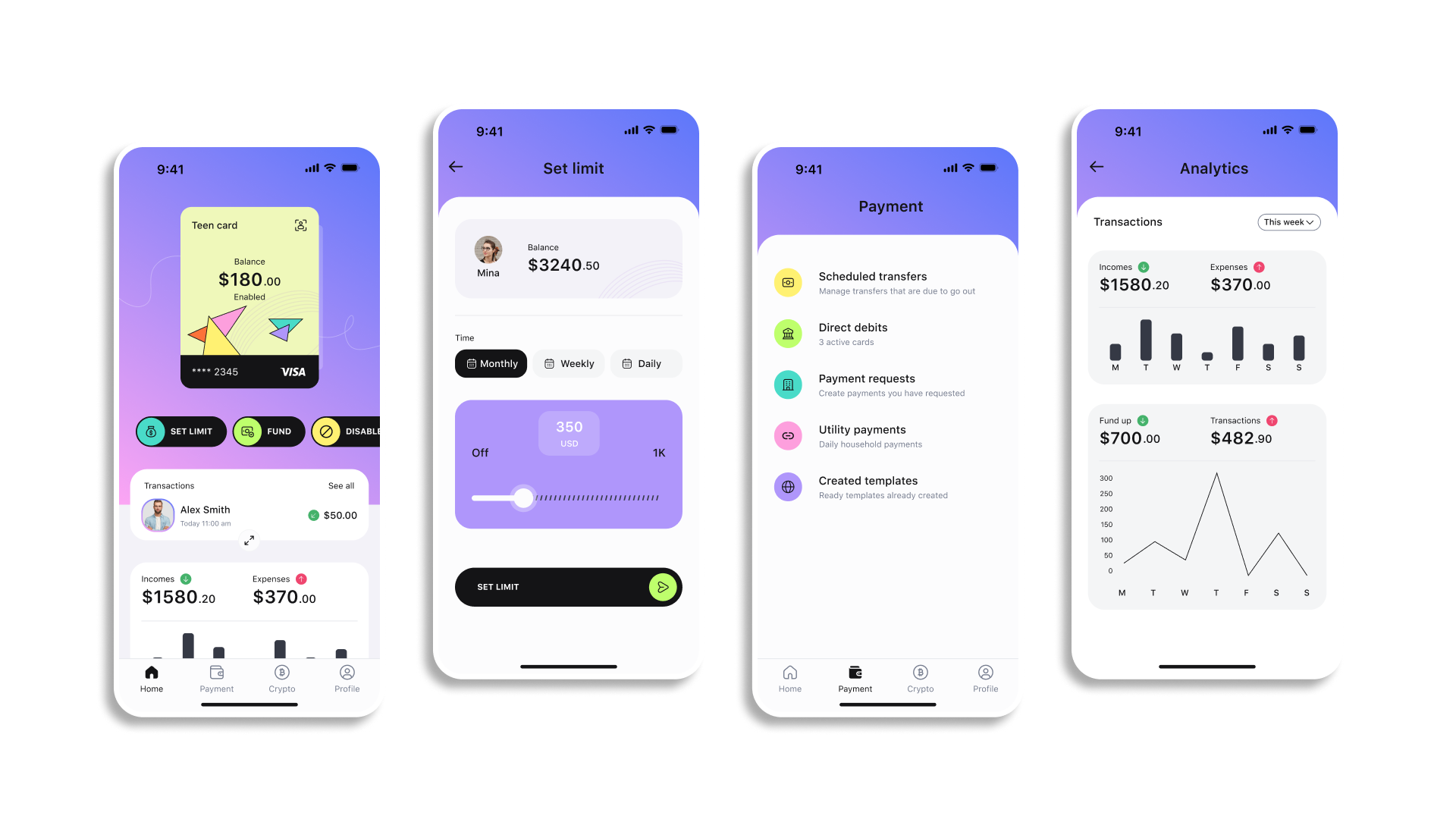
Flutter is Google’s SDK for cross-platform mobile app development that utilizes the Dart programming language. Launched in 2017, it quickly gained popularity due to its ability to create apps for iOS and Android simultaneously, which saves time and resources.
One of the main advantages of Flutter is its unified codebase. Developers don’t need to create separate apps for each platform, which significantly reduces development time and makes it easier to support the app in the future. At the same time, Flutter provides access to many native device features, allowing you to create applications with good performance and a high-quality interface.
Benefits of Flutter for cross-platform development:
Flutter’s disadvantages:
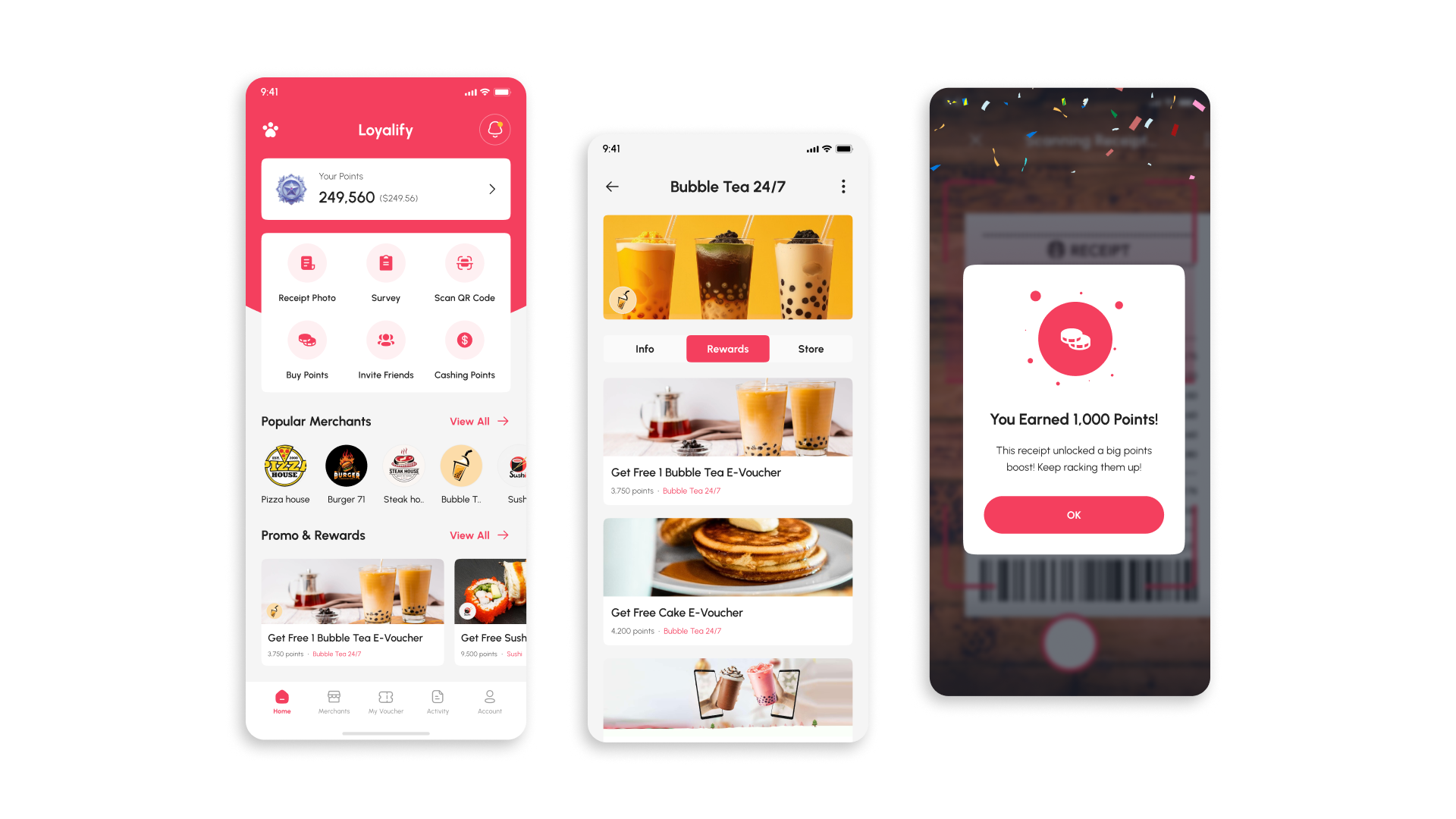
Cross-platform solutions are becoming increasingly popular due to their flexibility and time-saving features. Along with such powerful tools as Flutter, there are other frameworks that also allow developers to create applications for different platforms without duplicating code. Let’s take a look at two of them – React Native and Xamarin, which offer interesting features for mobile development.
React Native
React Native is a cross-platform framework developed by Facebook that allows you to create mobile apps using the JavaScript language and the React library. React Native, like Flutter, supports a single codebase for iOS and Android, which reduces development costs and time. But the peculiarity of this framework is that the application interface is built using components similar to native iOS and Android elements, which makes it convenient for developers familiar with web technologies.
Benefits of React Native:
Disadvantages of React Native:
Xamarin
Xamarin is another popular cross-platform development solution created by Microsoft. Xamarin uses the C# programming language and the .NET platform to create mobile applications that can run on Android, iOS, and even Windows. One of the key benefits of Xamarin is the ability to use a single code for business logic and user interface, which greatly speeds up the development process and simplifies app maintenance.
Xamarin advantages:
Disadvantages of Xamarin:
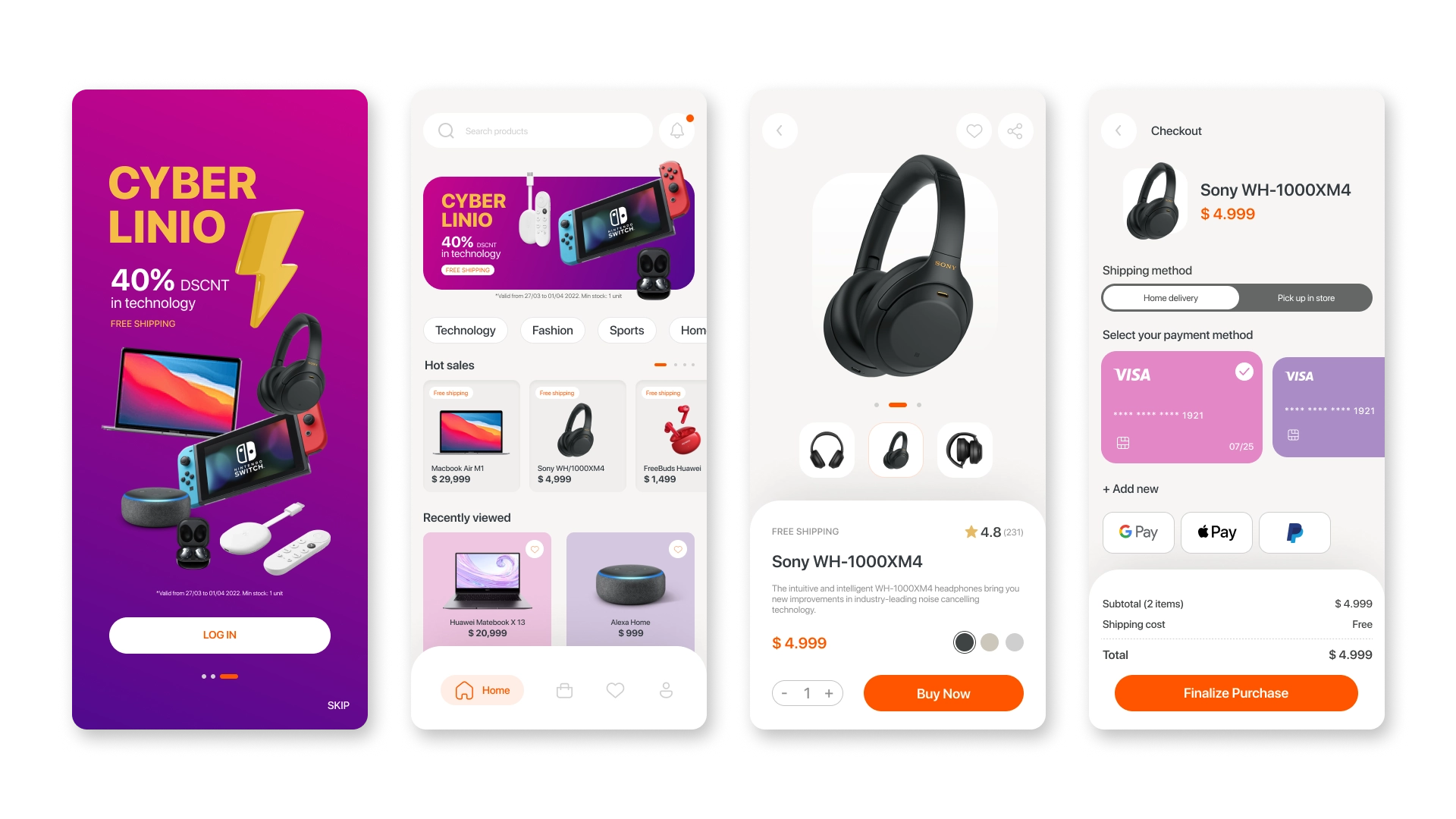
Choosing a programming language for a mobile application is a key stage in development, which directly depends on the target platform and the requirements for the functionality of the project. Let’s look at the main factors that will help you make the right decision.
Choosing an application type
First of all, you should determine what type of application you want to create – native or cross-platform:
Performance requirements
If your application needs to process a large amount of data, work with graphics, and will require high computing power, you should give preference to native programming languages. They provide maximum performance, as they directly interact with the hardware of devices.
On the other hand, if you want to launch a mobile application on both platforms with minimal costs, but without high performance requirements, it is better to consider cross-platform frameworks.
Requirements for integration with external services
Most applications use integrations with external APIs to expand functionality, so in this matter, everything depends on your individual requirements.
For example, Swift and Kotlin / Java allow you to effectively integrate, providing high performance and reliability. At the same time, modern frameworks such as Flutter and React Native offer similar capabilities, but through plugins and libraries, allowing you to reduce development costs.
Let’s summarize
Choosing the best programming language for mobile applications is almost impossible. It is impossible to say unequivocally which technology is better, since each of them has its own advantages and disadvantages, and also helps to solve different problems.
To choose the optimal stack, first of all, you need to consider the specifics of your project, its goals, performance requirements and many other parameters. We, at AVADA MEDIA, are ready to help you at every stage of development and select the best technological solution for your application.
Contact the experts Have a question?
Developed by AVADA-MEDIA™
The user, filling out an application on the website https://avada-media.ua/ (hereinafter referred to as the Site), agrees to the terms of this Consent for the processing of personal data (hereinafter referred to as the Consent) in accordance with the Law of Ukraine “On the collection of personal data”. Acceptance of the offer of the Consent is the sending of an application from the Site or an order from the Operator by telephone of the Site.
The user gives his consent to the processing of his personal data with the following conditions:
1. This Consent is given to the processing of personal data both without and using automation tools.
2. Consent applies to the following information: name, phone, email.
3. Consent to the processing of personal data is given in order to provide the User with an answer to the application, further conclude and fulfill obligations under the contracts, provide customer support, inform about services that, in the opinion of the Operator, may be of interest to the User, conduct surveys and market research.
4. The User grants the Operator the right to carry out the following actions (operations) with personal data: collection, recording, systematization, accumulation, storage, clarification (updating, changing), use, depersonalization, blocking, deletion and destruction, transfer to third parties, with the consent of the subject of personal data and compliance with measures to protect personal data from unauthorized access.
5. Personal data is processed by the Operator until all necessary procedures are completed. Also, processing can be stopped at the request of the User by e-mail: info@avada-media.com.ua
6. The User confirms that by giving Consent, he acts freely, by his will and in his interest.
7. This Consent is valid indefinitely until the termination of the processing of personal data for the reasons specified in clause 5 of this document.
Send CV
Contact us in any convenient way for you:
+ 38 (097) 036 29 32